The blockchain technology is rapidly evolving and is progressively becoming a critical component in various industries. If you’re intent on becoming part of this groundbreaking movement, this comprehensive guide will provide you with the essential steps to venture into the world of blockchain engineering. From understanding the fundamentals of blockchain to mastering complex coding languages, this guide will equip you with everything you need to start your journey as a blockchain engineer.
Introduction to Blockchain
Blockchain is essentially a digital ledger that records and stores transactions across a network of computers. It is decentralized, meaning there is no central authority controlling it, making it immutable and highly secure. The first and most well-known application of blockchain is Bitcoin, a digital currency that operates on a decentralized ledger system. However, blockchain technology has since evolved and is now being used in various industries such as finance, healthcare, supply chain management, and more.
Before diving into the world of blockchain engineering, it’s crucial to have a solid understanding of its basic concepts. These include:
- Distributed Ledger: A ledger that is shared across multiple computers, allowing for decentralized record-keeping.
- Cryptography: The use of mathematical algorithms to encrypt and secure data on the blockchain.
- Consensus Mechanisms: A protocol that ensures all participants in the network agree on the validity of transactions.
- Smart Contracts: Self-executing contracts that automatically enforce the terms and conditions of an agreement.
Learning Programming Languages
To become a proficient blockchain engineer, you’ll need to have a good command of programming languages. Some of the most commonly used languages in blockchain development include:
- Solidity: A high-level language used to write smart contracts on the Ethereum blockchain.
- JavaScript: A popular language used for building decentralized applications (DApps).
- C++: Used for developing blockchain protocols and applications.
- Java: A versatile language used in various industries, including blockchain development.
It’s essential to have a strong understanding of at least one of these languages to be able to develop and maintain blockchain-based systems successfully.
Educational Paths
Formal Education
A conventional path to becoming a blockchain engineer is through formal education, particularly in computer science or related fields. A bachelor’s degree in computer science (CS), information technology (IT), or software engineering serves as a robust foundation. These programs introduce students to key concepts in programming, computer systems, and software development methodologies.
Online Courses & Bootcamps
For those looking for a more accelerated and focused approach, online courses and bootcamps specific to blockchain are excellent alternatives. Platforms like Coursera, Udemy, and Pluralsight offer a myriad of courses covering blockchain development. Similarly, bootcamps are intense, short-term programs that provide hands-on experience and practical knowledge within a specific timeframe.
Self-Directed Learning
Self-directed learning is another viable path. This approach is characterized by individual autonomy and a sense of ownership over one’s learning pathway. With abundant free resources online including academic papers, forums, and YouTube tutorials, it is possible to acquire blockchain knowledge independently, albeit with discipline and a structured self-study plan.
Essential Skills
Programming Languages
Developing proficiency in programming languages is paramount. Solidity, the programming language behind Ethereum smart contracts, is a must. Additionally, languages like Python and Java are useful for building blockchain networks, as well as DApps that interact with them.
Data Structures & Algorithms
Data structures and algorithms are fundamental building blocks of software engineering. Understanding these concepts is crucial in creating efficient, scalable, and secure blockchain systems.
Distributed Systems
Blockchain technology is essentially a distributed system, making it essential to have a deep understanding of how these systems work. Familiarity with concepts like peer-to-peer networks, network protocols,
Blockchain Fundamentals
Understanding blockchain architecture and consensus mechanisms is critical. This knowledge includes the ins and outs of how data is structured, stored, and verified within a blockchain network. New engineers must master the intricacies of public and private key cryptography, Merkle trees, digital signatures, and more.
Cryptography Concepts
Cryptography underpins the security of blockchain networks. A sound comprehension of cryptographic primitives, encryption, and digital signatures is necessary. Familiarity with hashing functions like SHA-256, and how they’re applied in blockchain to secure data and verify transactions, is crucial.
Data Structures & Algorithms
Meticulous knowledge of data structures and algorithms is indispensable for designing efficient blockchain systems. Understanding how to manage, store, and traverse data within the blockchain is key to building robust applications.
Building Your Expertise
Contributing to Open-Source Projects
Engage with the community by contributing to open-source blockchain projects. This not only enhances your practical skills but also provides valuable networking opportunities. Repositories on GitHub are excellent places to explore, understand, and, eventually, contribute to blockchain projects.
Building Your Own Blockchain Projects
The best way to learn is by doing. Start small by building simple smart contracts and gradually work towards more complex projects. Building your own blockchain or decentralized application (DApp) from scratch is an ambitious goal that will propel your skillset to new heights.
Earning Blockchain Certifications
Instructors and developers can strongly consider earning blockchain certifications from recognized bodies to validate their expertise. Certifications can be program-specific, such as “Certified Ethereum Developer,” or they can be more general, covering blockchain development.
Conclusion
Becoming a blockchain engineer requires a combination of technical knowledge, practical skills, and dedication to constantly learning and adapting in this rapidly evolving field. Whether through formal education or self-directed learning, developing proficiency in programming languages, data structures and algorithms, distributed systems, and cryptography is crucial. Building projects, contributing to open-source projects, and earning certifications are all
FAQ
What are the different educational paths for becoming a blockchain engineer?
There are multiple paths, including formal education in computer science or related fields, online courses and bootcamps, and self-directed learning through available resources.
What are the most in-demand skills for blockchain engineers?
Proficiency in programming languages like Solidity, a strong understanding of blockchain architecture and consensus mechanisms, expertise in cryptography, and a thorough grasp of data structures and algorithms are some of the most sought-after skills.
How can I gain practical experience in blockchain development?
Contributing to open-source projects, building your own blockchain applications, and completing internships are great ways to gain practical experience.
What resources are available to help me stay up-to-date on the latest blockchain trends?
Publications, university courses, forums, and meetups dedicated to blockchain technology are ample. Additionally, staying active on GitHub and following industry leaders on social media can also keep you informed.
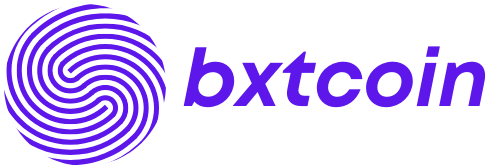
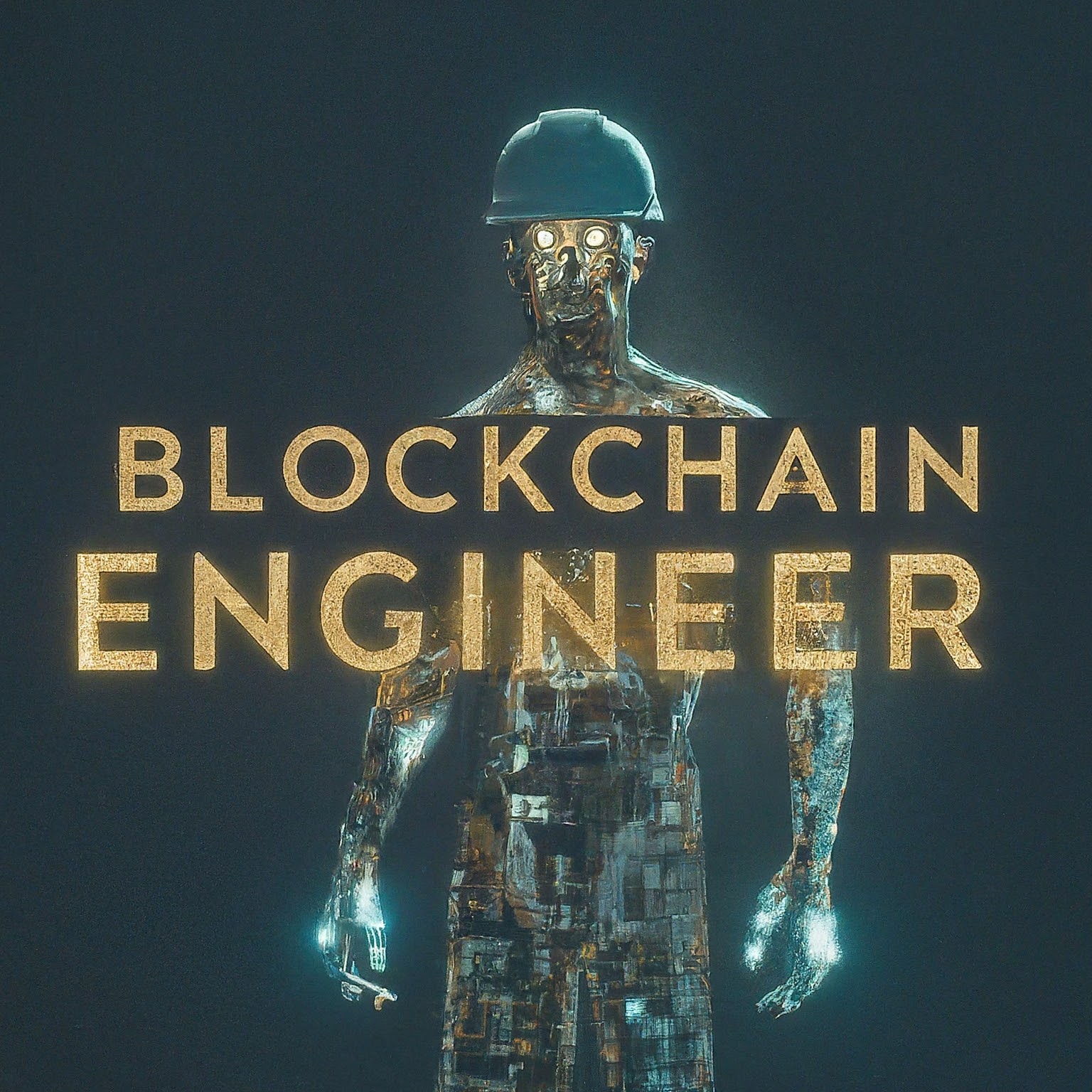
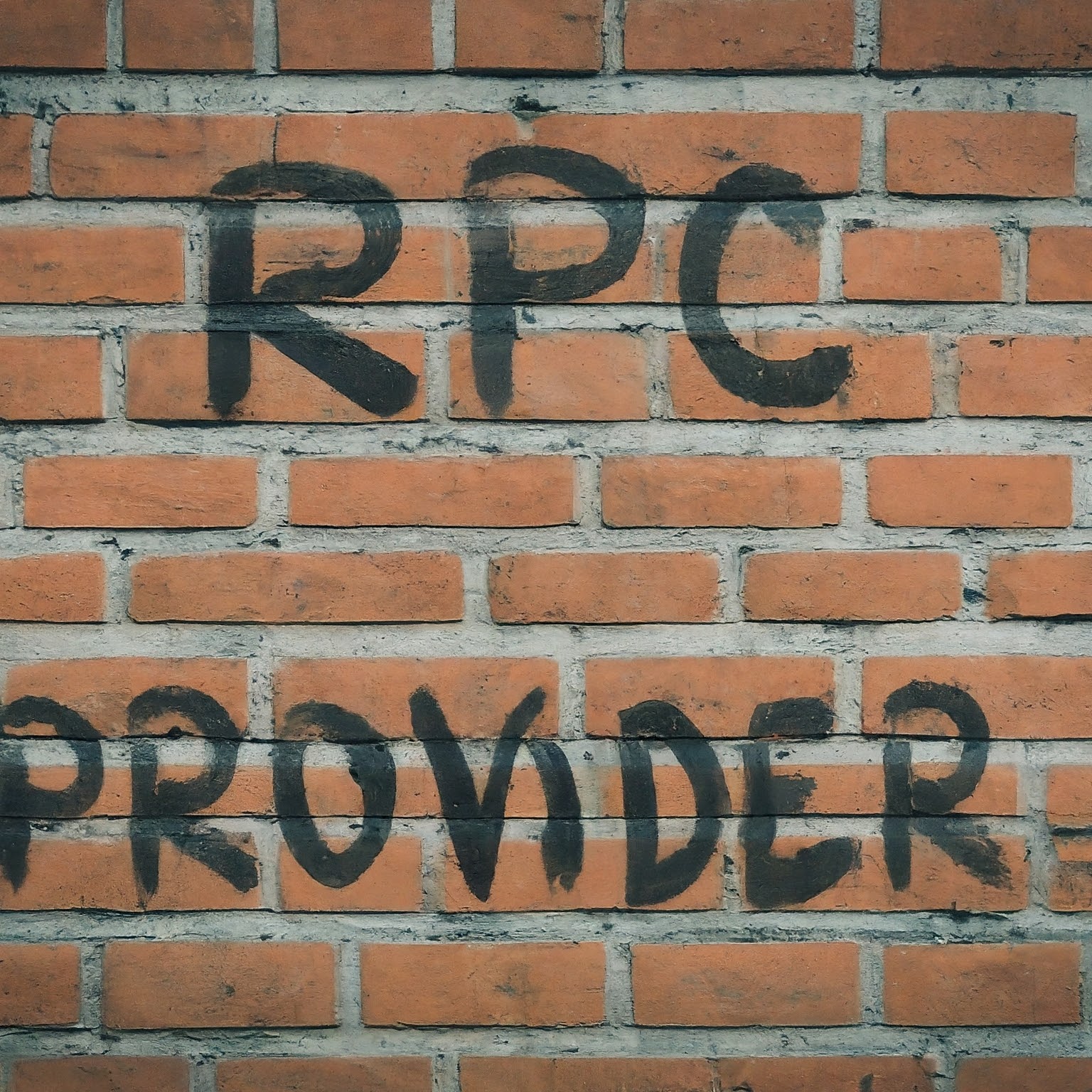
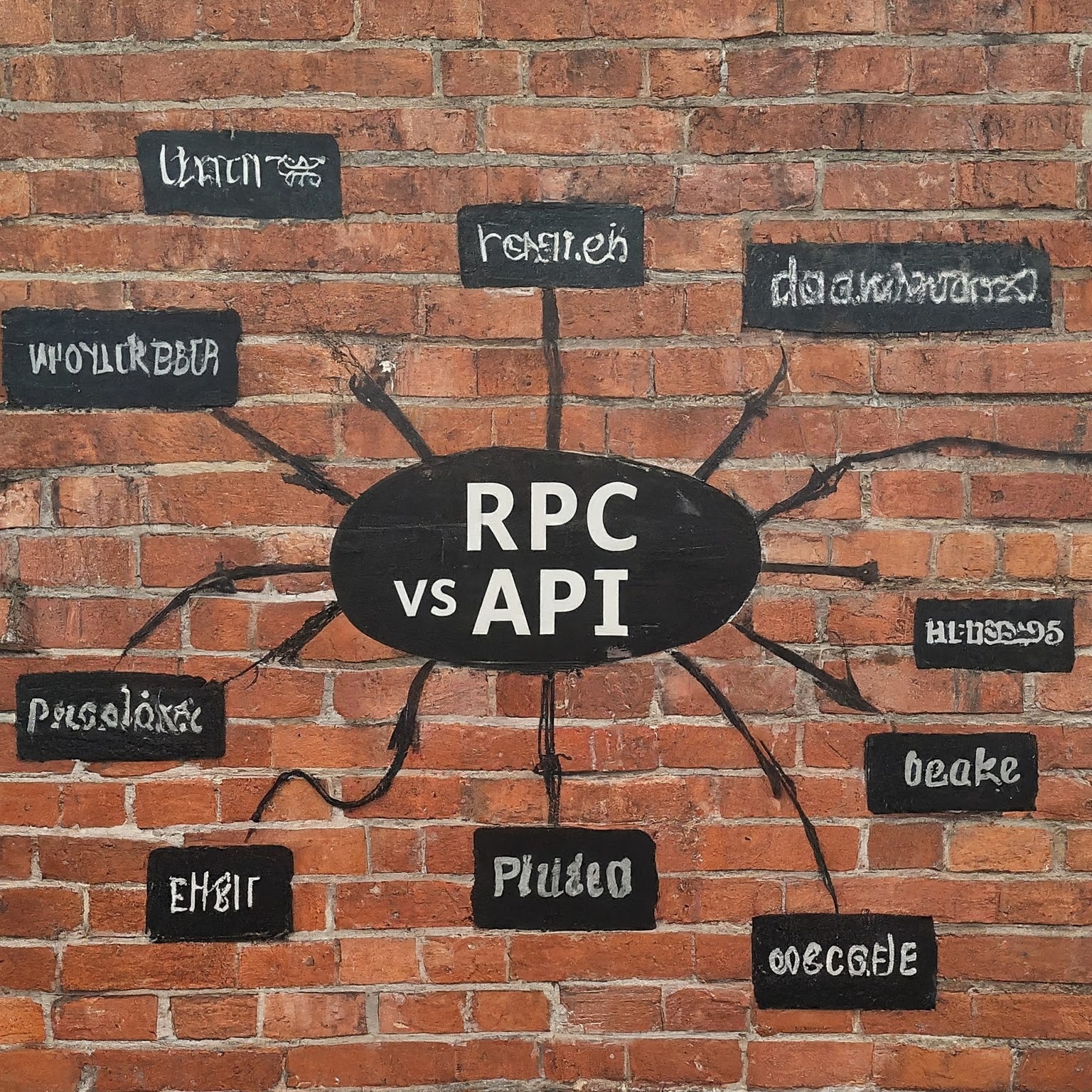
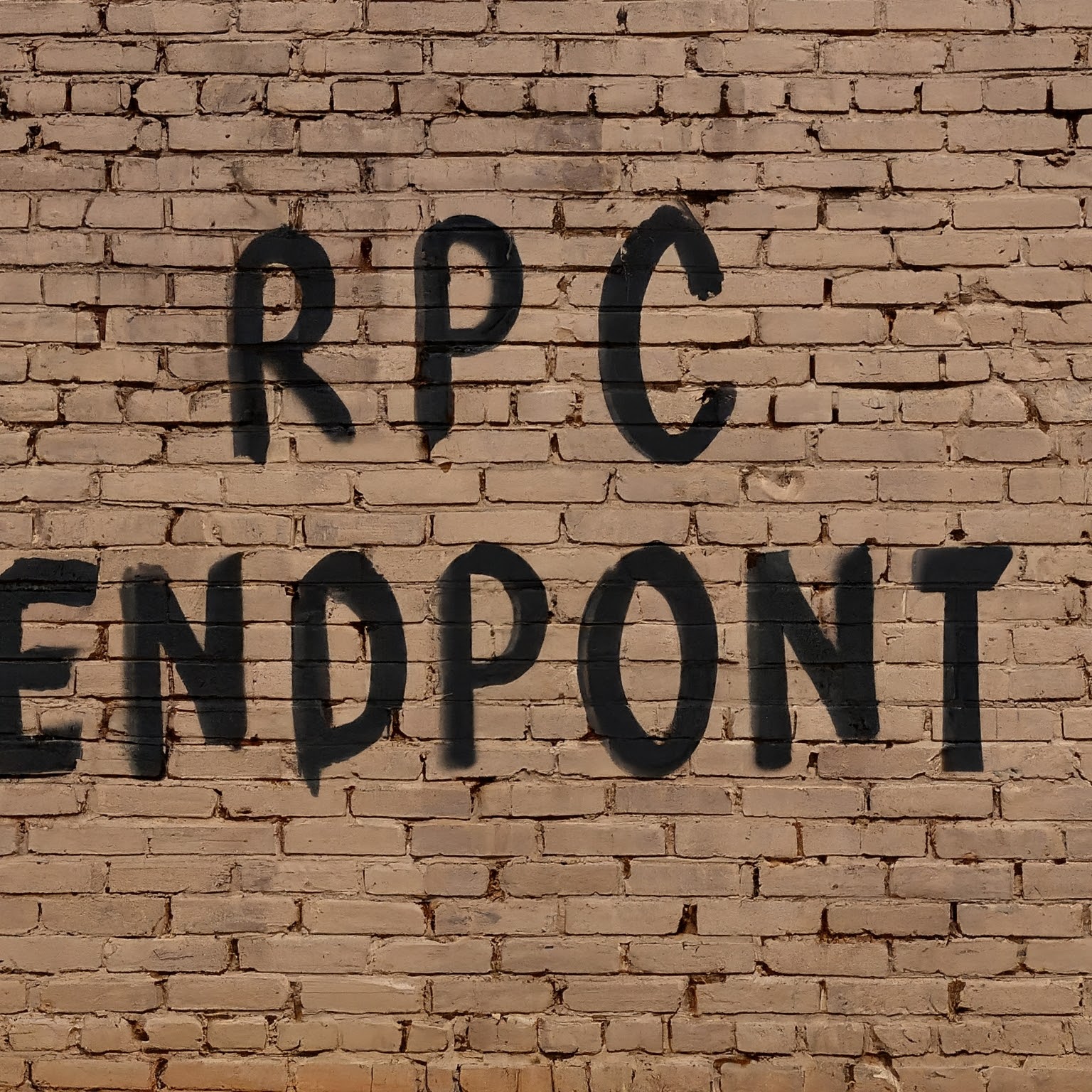
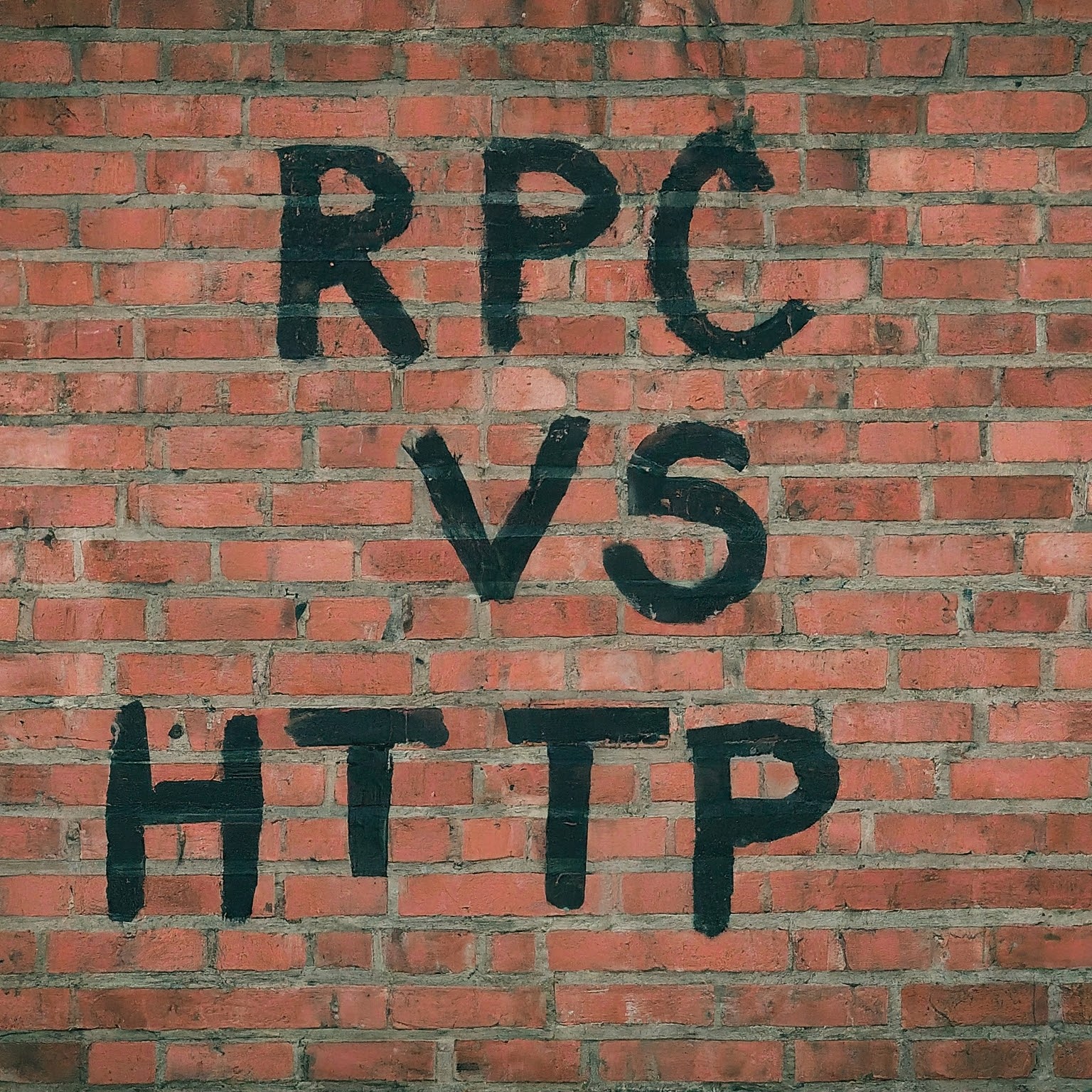
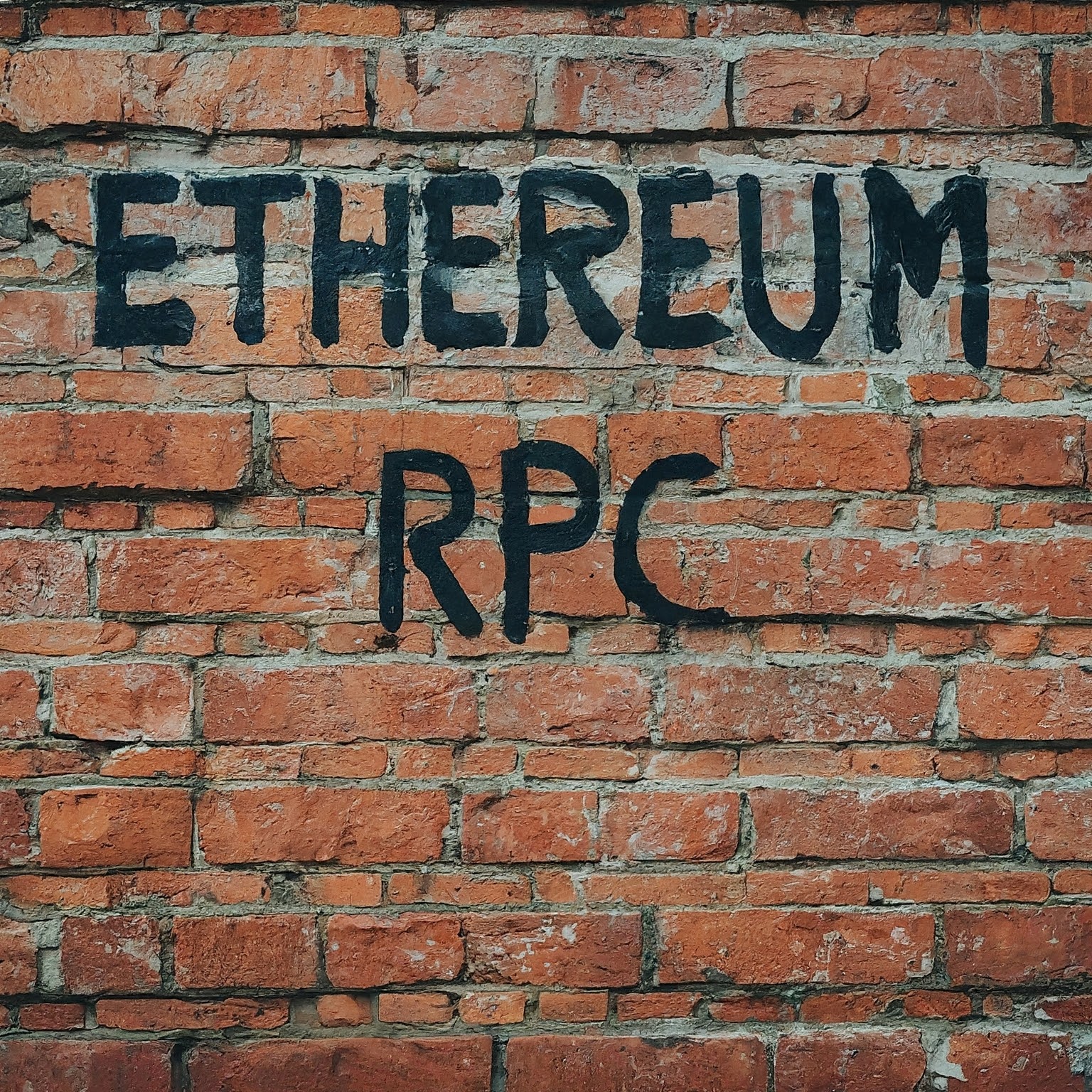
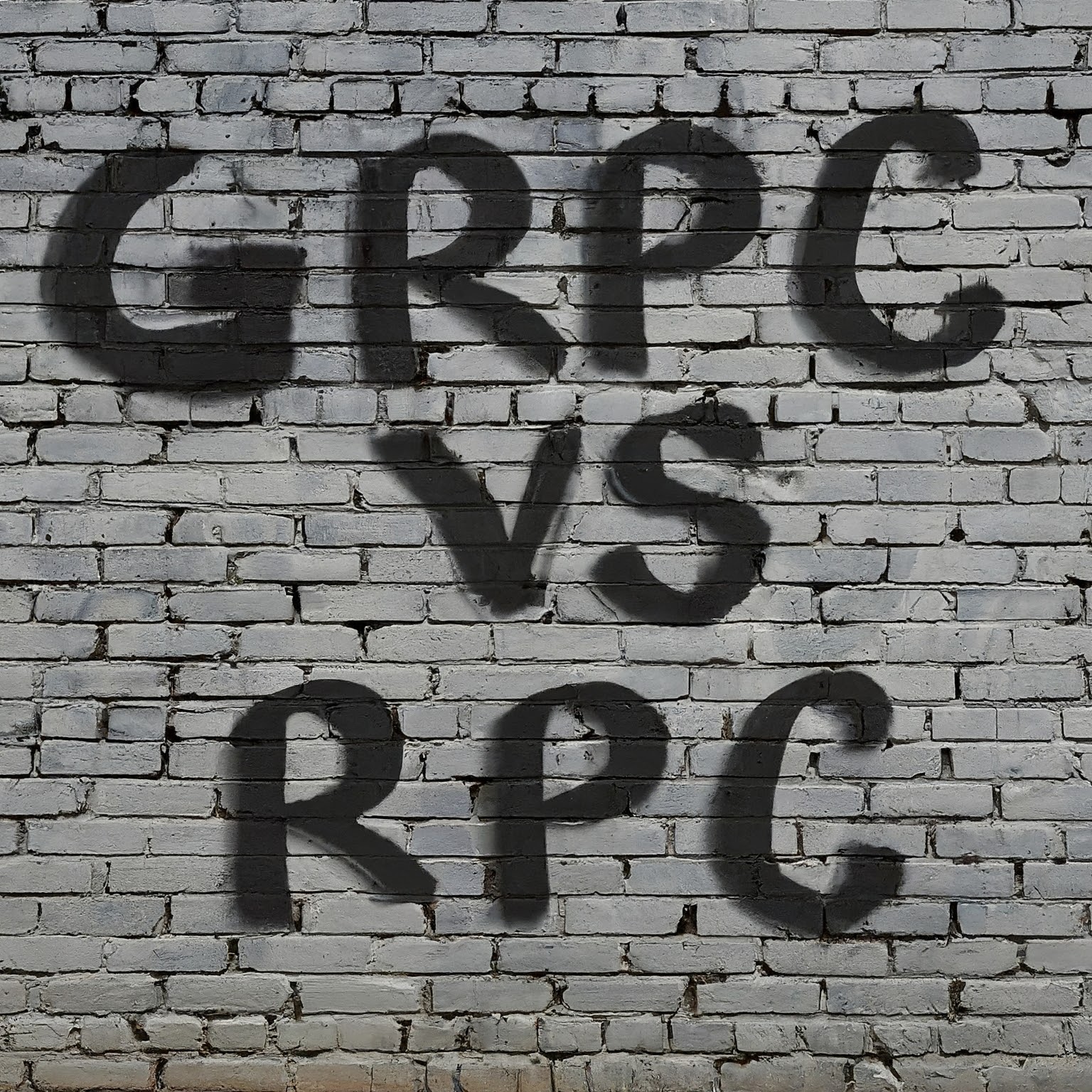
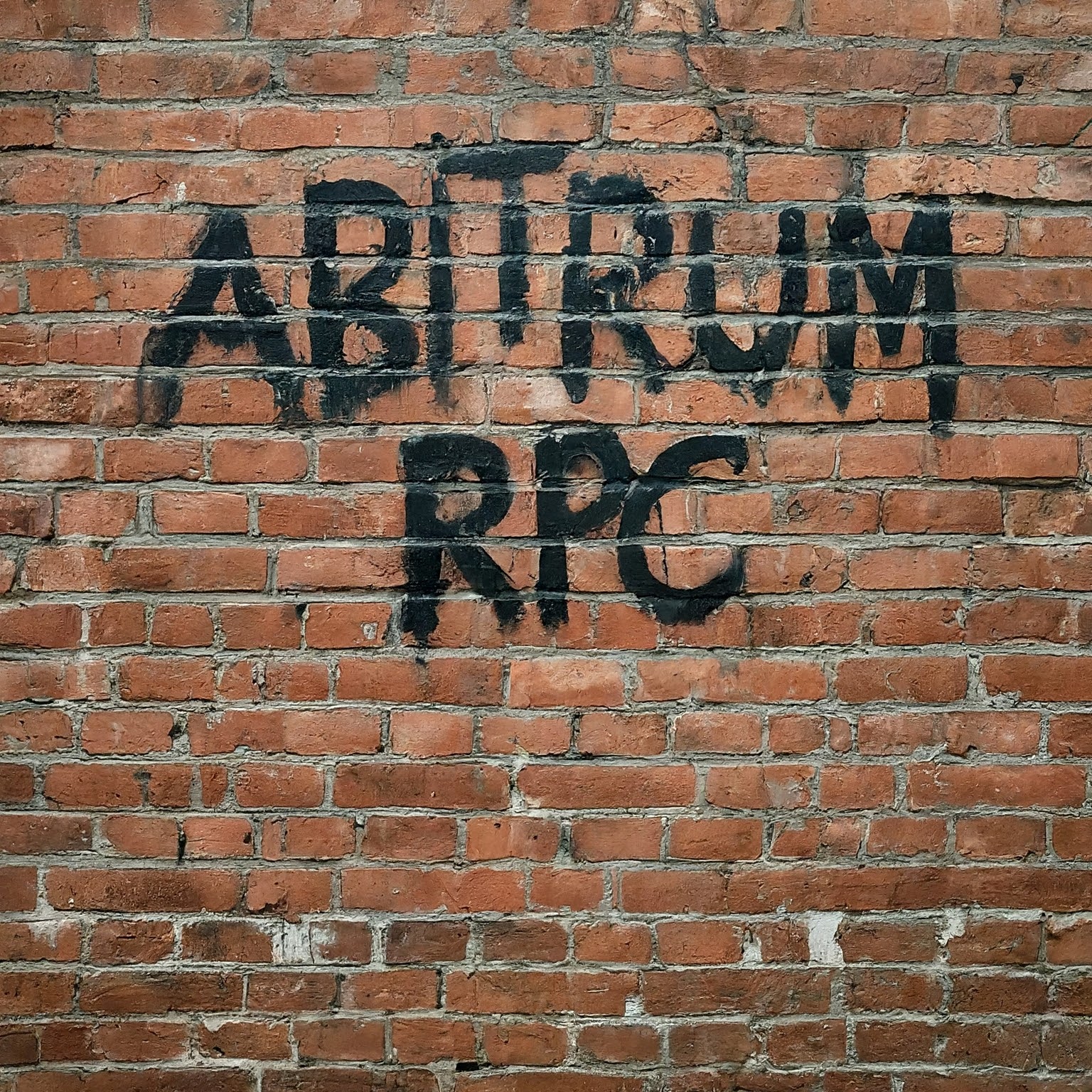
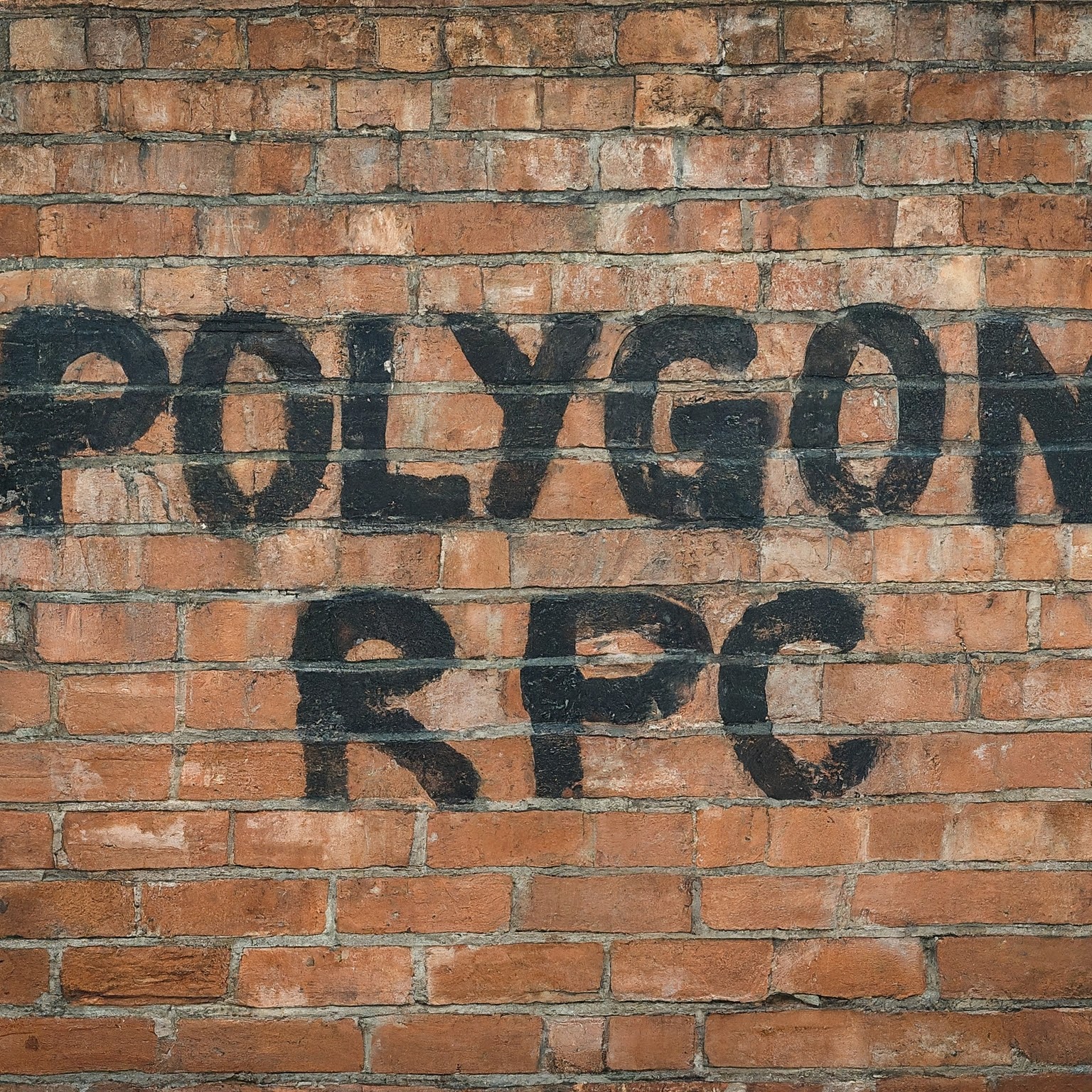
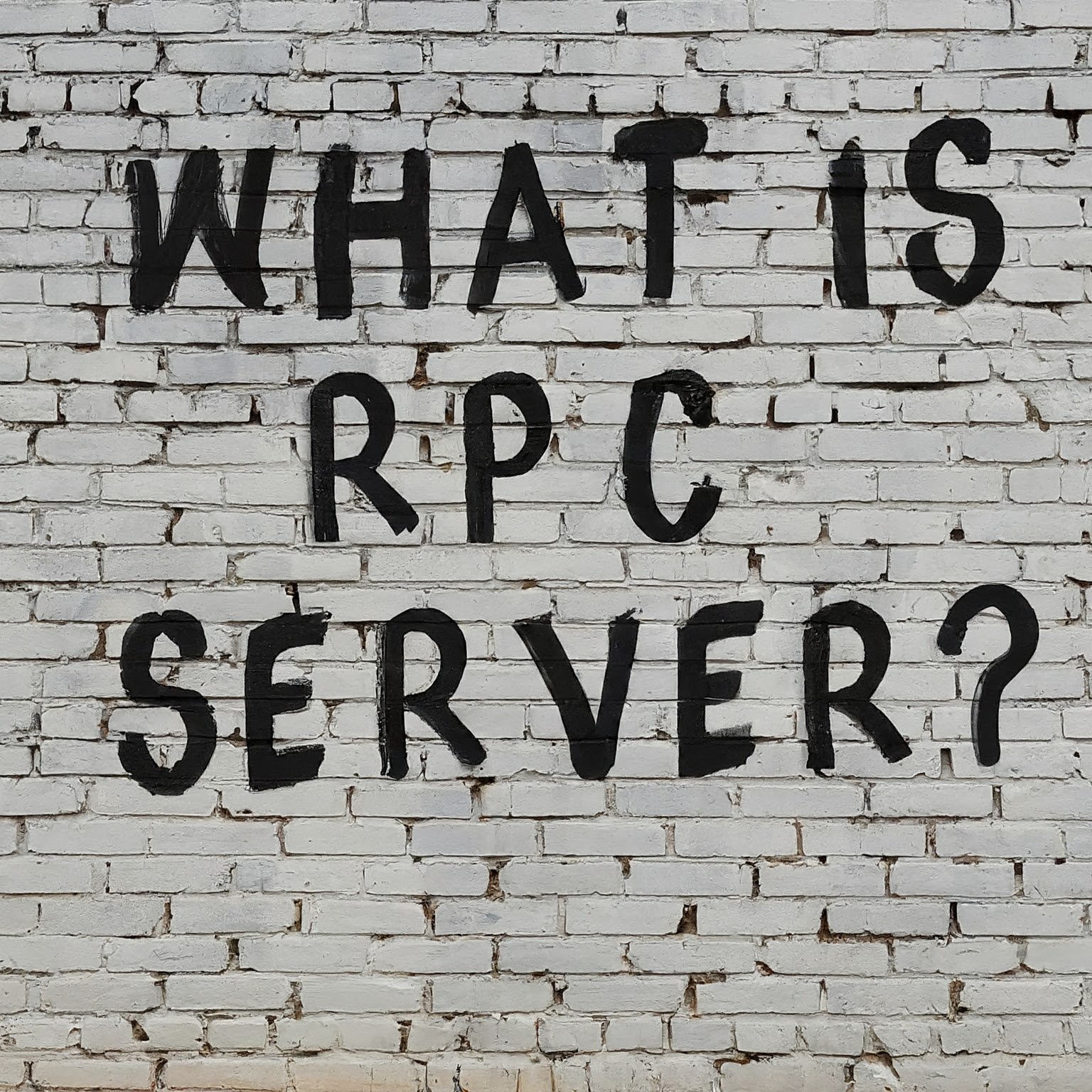
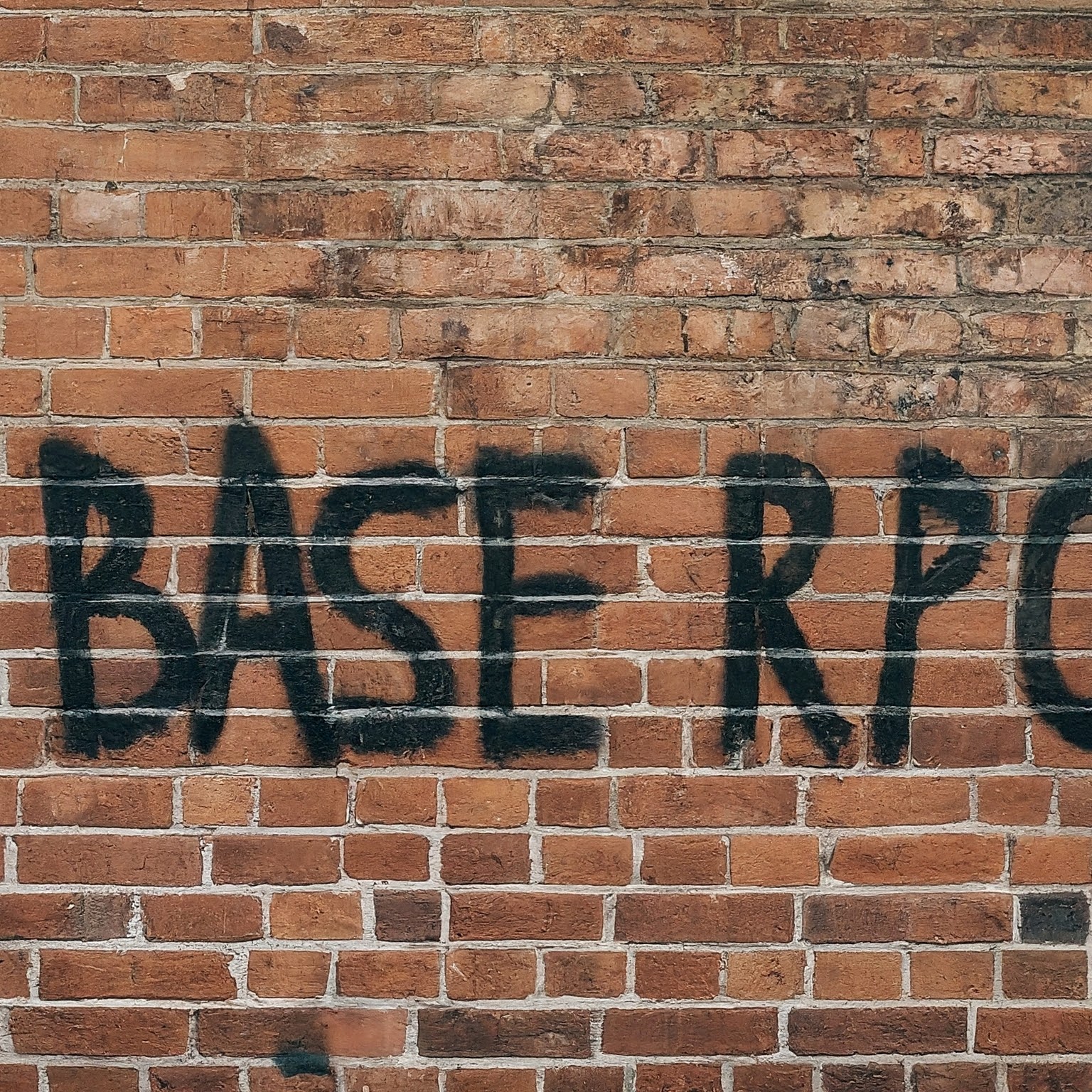
Leave a Reply
You must be logged in to post a comment.